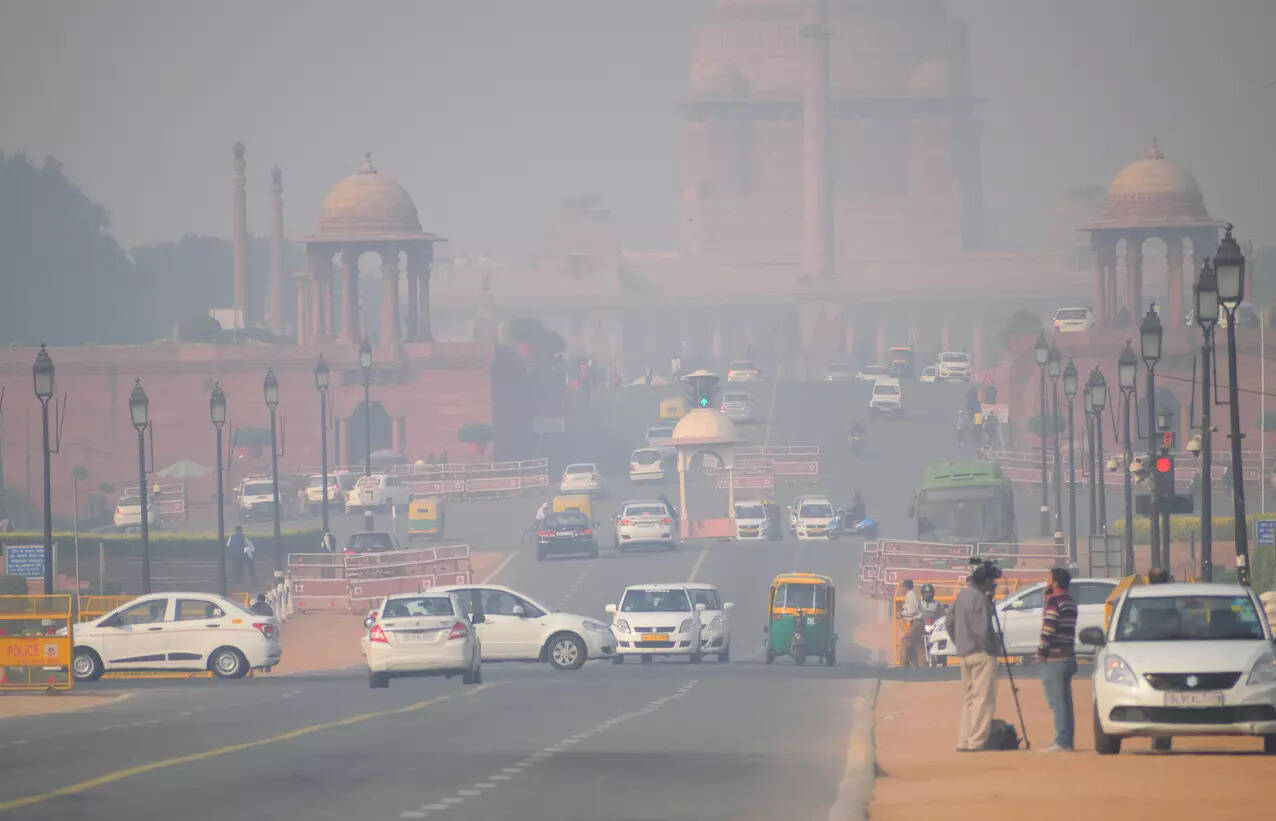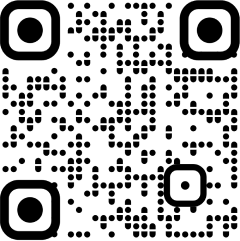
From October 1 onwards, if the air quality turns severely poor or is anticipated to become so, plying of BS-III petrol and BS-IV diesel vehicles will be banned in Delhi, Gurgaon, Faridabad, Ghaziabad and Gautam Buddh Nagar. The air quality is considered severe when the AQI is above 401.
On Friday, in a bid to strengthen the measures to combat sudden or anticipated deterioration of air quality in Delhi-NCR, the Commission for Air Quality Management (CAQM) revised the norms under the Graded Response Action Plan. These will come into force from October 1.
Depending on the air quality forecast or outcome, GRAP regulates the use of generator sets based on their wattage and fuel types, bans BS-III petrol and BS-IV diesel cars in Delhi and NCR districts and also prohibits the entry of light commercial vehicles registered outside Delhi from entering the city. The exceptions are e-vehicles, CNG cars and BS-VI diesel vehicles and those carrying essential commodities or providing essential services.
“The revised GRAP will come into force w.e.f. October 1, 2023, in the entire NCR. GRAP is an emergency response mechanism based on AQI level of Delhi and brings together multiple stakeholders, implementing agencies and authorities to respond to situations of deteriorating air quality in Delhi-NCR,” said a CAQM statement on Friday.
It added that the revised GRAP contained targeted actions that needed to be taken by the agencies concerned or those implementing the anti-pollution norms when AQI in Delhi went beyond a certain threshold or is expected to go beyond a certain threshold as per the dynamic model and weather/meteorological forecast provided by India Meteorological Department or Indian Institute of Tropical Meteorology, Pune.
The statement also said that the citizen’s charter, or an advisory issued for people’s benefit based on the air quality, has also been amended.
Last year in July, CAQM had ushered in major changes in GRAP, after which the measures were implemented based not only on the current AQI but also on a three-day forecast anticipated by the monitoring agencies. CAQM revised the way GRAP was being implemented, advancing the implementation of anti-pollution measures unlike earlier, when these were imposed only after the PM2.5 levels in Delhi-NCR remained above the ‘severe’ level for at least 48 hours.
GRAP was first notified in January 2017 and came into action first in October 2017. Its operation, however, faltered due to the lack of air quality forecasting technology.
The amendments incorporated last year and the changes made on Friday allows the state government scope to take additional measures such as announcing work from home and road rationing, and suspending non-essential services and classes in educational institutions.

